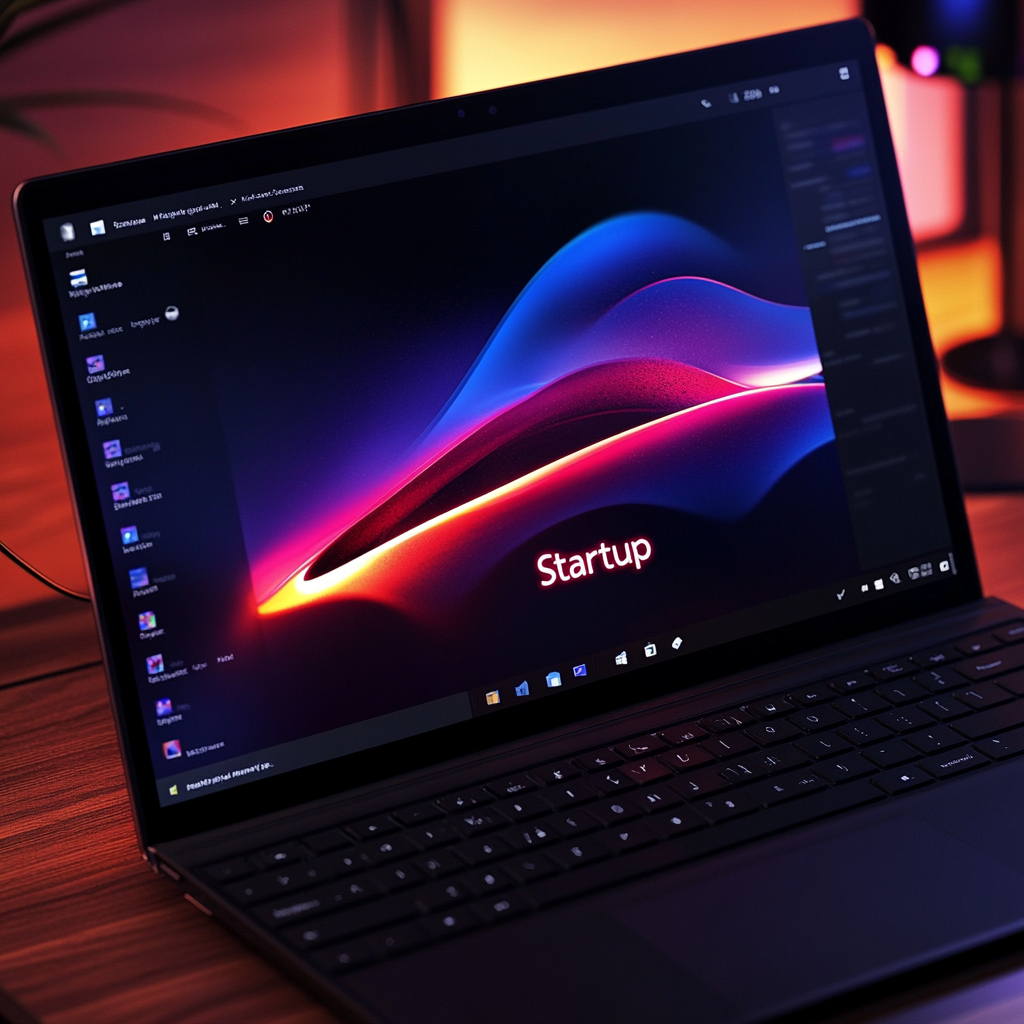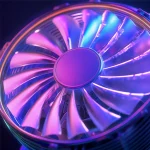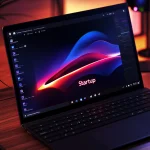Mini PCs have become incredibly popular in recent years, especially among those who want to save space without sacrificing performance. They are compact, energy efficient, and can handle most everyday tasks. In this article, we will look at why mini PCs are a worthy alternative to traditional desktop computers, what form factors exist, and also analyze their pros and cons.
What is a mini PC?
A mini PC (or mini computer) is a fully-fledged computing device housed in a compact case. It includes all the main components of a regular computer: a processor, RAM, storage, and connection ports.
Main form factors of mini PCs
There are different types of mini PCs on the market, and here are the most popular ones:
1. NUC (Next Unit of Computing)
Developed by Intel. One of the most common formats. It is distinguished by a small box that can be placed behind the monitor.
Examples: Intel NUC, ASUS PN-series, MinisForum

2. Stick-PC
A flash drive-like form factor that connects directly to the HDMI port of a TV or monitor.
- Advantages: ultra-portability, no wires.
- Disadvantages: very limited performance.
3. Micro Tower or Small Form Factor (SFF)
Closer to classic desktop PCs, but smaller in size. Often used in offices.
- Suitable for: corporate clients, users with high upgrade requirements.
Advantages of mini PCs
- ✅ Compactness
- This is the main advantage. Mini PCs are easy to place even in the smallest room, they can be mounted on a wall or behind a monitor.
- ✅ Energy efficiency
- Many mini PCs consume less energy than traditional desktops. This makes them ideal for long-term work.
- ✅ Low noise level
- Most models operate almost silently, and some are completely fanless.
- ✅ Aesthetics and minimalism
- Mini PCs do not spoil the interior and are suitable even for a strict office space or a neat home workspace.
- ✅ Flexibility in use
- They can be used as a media center, an office computer, a home server, a terminal for remote work, and even as a programming station.
Disadvantages of mini PCs
- ❌ Limited upgrade options
- In most cases, it is impossible to replace the video card, power supply, or install an additional drive.
- ❌ Higher price for “compactness”
- Models with similar performance are often more expensive than their full-size counterparts.
- ❌ Cooling issues
- Because of the small case, components heat up faster. This is especially important when performing heavy tasks.
Where is a mini PC especially good?
Office work: a great solution for accountants, managers, operators, etc.
Home computer: for web surfing, movies, online learning, Zoom and basic editing.
CCTV systems: compactness and reliability make mini PCs suitable for these tasks.
POS systems: ideal for points of sale where there is no room for bulky system units.
| Parameter | Mini PC | Laptop |
|---|---|---|
| Mobility | ❌ (if not Stick) | ✅ |
| Upgrade option | ❌ | ❌ |
| Power (per $) | ✅ (higher for the same price) | ❌ |
| Convenience on the table | ✅ | ✅ |
Is it worth buying a mini PC?
If you need a device for your home or office that doesn’t take up much space, doesn’t require constant portability, and still performs all standard tasks, a mini PC can be an ideal choice. Especially if you value silence, aesthetics, and stability.
Mini PCs are not just a fashion trend, but a really convenient tool for a modern user. Given the development of technology, compact computers have become more powerful, quieter and more reliable. Of course, they have their limitations, but for many tasks, they are the best choice.
🔎 Don’t forget!
If you are interested in such materials, subscribe to the updates of the treescabs.com blog. There are even more reviews, guides and current topics about technology ahead!









Leave a Reply